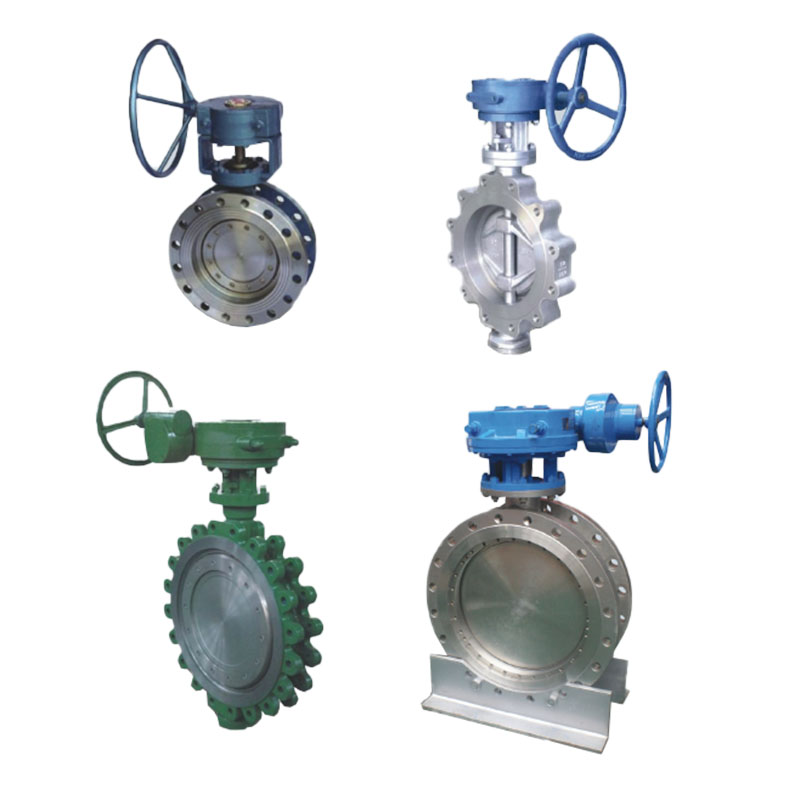Zhejiang Shunlin Valve Co., Ltd. is China Flange Valve Manufacturers, we are design and manufactures API standard valves (globe valves, gate valves, check valves, ball valves).
Sealing material selection: the cornerstone of industrial valve sealing performance
In industrial fluid control systems, the sealing performance of valves is directly related to the stable operation of the system and the safe transmission of the medium. As the core component of the valve sealing structure, the selection of sealing materials not only affects the sealing effect of the valve, but also directly affects the service life and overall performance of the valve. Therefore, the selection of sealing materials is undoubtedly crucial for the sealing performance of industrial valves.
Multiple considerations of working conditions
The working environment of industrial valves is complex and changeable, and different working conditions put forward different requirements for sealing materials. First of all, working pressure is a basic and critical factor. Under high pressure, the sealing material must be able to withstand sufficient pressure without deformation or rupture to ensure the effective sealing of the valve. Secondly, the nature of the working medium is also one of the important factors that determine the selection of sealing materials. The medium may be corrosive, flammable and explosive or high viscosity, which requires the sealing material to have good corrosion resistance, chemical stability and anti-permeability. Finally, temperature conditions should not be ignored. Under high temperature conditions, the sealing material needs to be able to maintain stable physical and chemical properties without softening, melting or thermal degradation; while under low temperature conditions, the material needs to be prevented from becoming brittle or losing elasticity.
Precise matching of special sealing materials
For the above-mentioned complex working conditions, the selection of industrial valve sealing materials needs to be precisely matched. Taking high temperature environment as an example, traditional sealing materials such as rubber and plastic are often difficult to withstand the test of high temperature, and are prone to aging, hardening or even burning. At this time, materials with good high temperature resistance, such as ceramics or special alloys, should be selected. Ceramic materials have extremely high temperature resistance and excellent chemical stability, and can maintain a stable sealing effect at extreme high temperatures; while special alloys improve the thermal stability and creep resistance of materials through special alloying treatment, and are also suitable for high temperature environments.
For corrosive media, stainless steel is one of the commonly used corrosion-resistant materials. Stainless steel has good corrosion resistance and can maintain stable chemical properties in a variety of corrosive media. However, in some highly corrosive media, stainless steel may also be corroded. At this time, special alloy coatings or composite materials can be selected as sealing materials. These materials improve the corrosion resistance of the materials through special coating processes or composite structure designs, ensuring the sealing effect of the valve in corrosive media.
The selection of sealing materials is an important guarantee for the sealing performance of industrial valves. When selecting sealing materials, multiple factors of working conditions, such as working pressure, working medium and temperature, must be fully considered, and special sealing materials must be accurately matched. Only in this way can we ensure that industrial valves can maintain good sealing performance under different working conditions and provide strong support for the stable operation of fluid control systems. With the advancement of science and technology and the development of industry, it is believed that more new and high-performance sealing materials will emerge in the future, injecting new vitality into the improvement of the sealing performance of industrial valves.

 English
English 中文简体
中文简体 русский
русский







